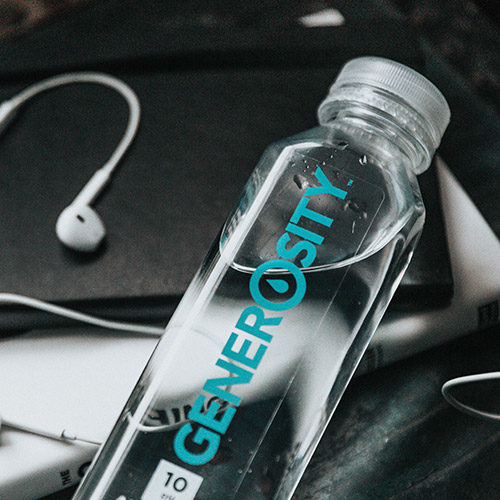It seems as though food recalls are constantly in the news, and as a crisis situation, they need to be managed appropriately to satisfy regulators and public opinion. To help keep your business going during a food crisis, we have provided you with a quick survival steps:
Prepare for It
Food manufacturers discussions about recalls now revolve around when a product recall will occur. Planning for a recall is a necessary for a solid food safety program and good business practice.
A food company’s recall procedure should be in writing, clear, realistic, communicated, and practiced. Practice with mock recalls in order to find opportunities to work out kinks and increase speed. The procedure should define the composition of the recall team, which will carry out the critical recall function. The recall team must have a strong coordinator as well as representation for key functions of the recall: shipping/receiving, customer service, and logistics. The entire recall team should be involved in mock recall activities, which serve as reminders and practice for the role of each recall team member. Contact information for each recall team member must include both work and off-hour phone numbers. The entire food recall protocol should be updated annually or as changes occur.
Should We Recall?
At this point, discuss the risks related to a product issue. The original discussion may have been initiated through regulatory channels, customer complaints, or internal findings, but now discussions are often concerned with the financial cost, regulatory compliance, and reputation associated with recalling a product. A recall program should have predetermined criteria that have been established, specific to a company’s product, and how a decision to recall will be decided, including a reference to regulatory requirements. This could include pathogen limits, evidence of foreign material contamination, and failure of allergen controls. Form this point, steps must be taken to identify all products that will be recalled and to hold and segregate those products.
Act Fast
Because regulations and regulators are demanding more expedient food recall processes, many clients have moved their standards for full traceability from four to two hours—including real time in some cases. To achieve those times, the recall team should be assembled quickly and must know the written procedures as well as their vacation schedules. Those written procedures should be the starting point for their planning and activities. Companies should use the templates and forms that worked well during previous mock recall exercises to quickly identify and isolate affected products.
Convey the Message
Communication with consumers, company employees, and stakeholders is essential in crisis management during the food recall process. Companies should use the appropriate form of communication that will reach their customers. Food companies should also contact distributors, retailers, and customers to inform them of the recall, including instructions on how to handle the recalled product.
During a product recall, you are also responsible for answering everyone’s questions. It’s important to anticipate these questions and relay the information to everyone before it is even asked. This demonstrates the control a company has over its operation and the crisis situation while reassuring stakeholders and helps maintain the company’s reputation.
Food recalls are stressful, but with the correct preparation you can reduce stress and damages that can be cause to your business. Source1 Purchasing is your source for the latest trends, news, and advice in the food and beverage industry. To learn more about the Source1 Program and how it can benefit your business, visit our website at www.Source1Purchasing.com.











